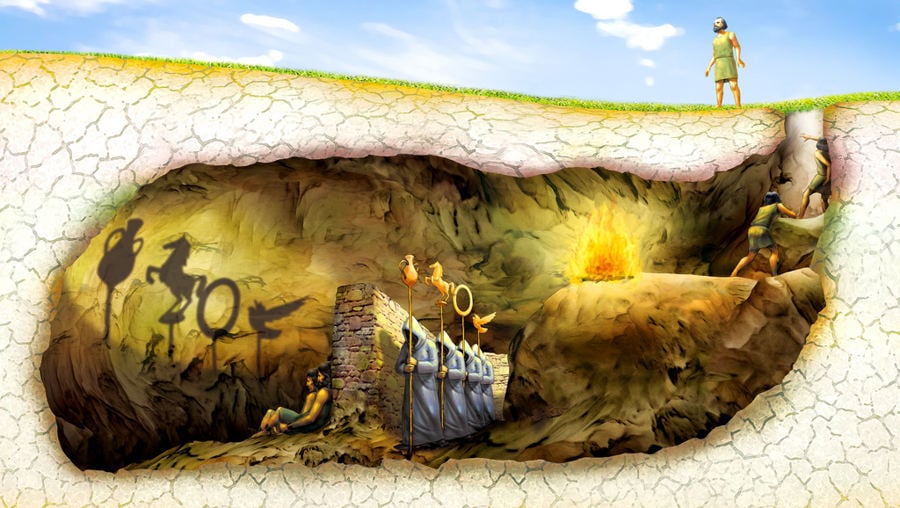
When I read the Book
| WHEN I read the book, the biography famous, | |
| And is this, then, (said I,) what the author calls a man’s life? | |
| And so will some one, when I am dead and gone, write my life? | |
| (As if any man really knew aught of my life; | |
| Why, even I myself, I often think, know little or nothing of my real life; | 5 |
| Only a few hints—a few diffused, faint clues and indirections, | |
| I seek, for my own use, to trace out here.) |
In Walt Whitman’s poem “When I read the Book,” I used the Follow the Trail close reading method to pick out the instances that Whitman mentions the word “life” or details in reference to life in order to analyze the text. He repeats the word life four times in the poem, thereby imbuing the use of the word with greater meaning by each mention. In the first mention, Whitman writes of “a man’s life,” where he intends for “man” to substitute for “human,” (although any person for which a famous biography would be written would have been male back then.) “A man’s life” has a fossilized connotation, as if it is a preserved specimen or chronology left for posterity. Whitman implies that there is no agency left for the man whose life has been compiled, but only agency in the hands of the author, who can construe the man’s life to have been anything from the author’s imagination. There is also a quality of determinism or passivity to Whitman’s description of “a man’s life,” as if the end product of a well lived existence is simply to be recorded into a famous biography.
Whitman then flips the subject to his own life, when he mentions “my life” in the second repetition. Specifically, he is afraid of his own life being subjected to this kind of preservation and arbitrary reinterpretation at the hands of a future author. In this mention, Whitman contrasts his life with his future as being dead and gone. In a metaphysical sense, his life will take on a new existence as his soul leaves his body, but in an empirical sense, his “life” will potentially carry on in the form of a book.
Then, in the third mention of “my life,” Whitman is capitalizing on this distinct notion both as his whole lived existence and as a kind of “truth” of what exactly happened through the years he was alive. He refutes the idea that any man could know anything of his life, deriding this as an impossibility. In the 1867 version of the poem, he even mentions his cunning soul that hides a secret well. In this mention, Whitman conveys that there is a sense of mystery that shrouds any objective truth about his life.
Finally, Whitman turns all of the above meanings on their head in his final mention of “my real life.” The word “real” can be contrasted with the first mention of “a man’s life,” as Whitman implies how vastly different the real can be from the historicized and imagined. The fossil can only contain a sliver of the truth. Even Whitman himself knows little or nothing of his real life, he states, which might be slightly more than the “aught” that any man knows, but it is still far from enough to write an accurate non-fiction book about himself. It is like Plato’s Allegory of the Cave, where the man who ventures out of the cave to see “real” objects and is killed for it, while the believers of the shadows continue to live on. From this meaning, we can come to understand that Whitman may not simply be writing about books and lived experiences, but also making a bigger statement about human society and a need to defy the usual complacency to accept records and old texts as reality and truth. Whitman may be asking us to question how much do we human beings really know and how much is just falsely believed in. There is large evidence to believe that this poem is meant to signify more than just books, as even the book is left untitled and simply called “the Book.”
